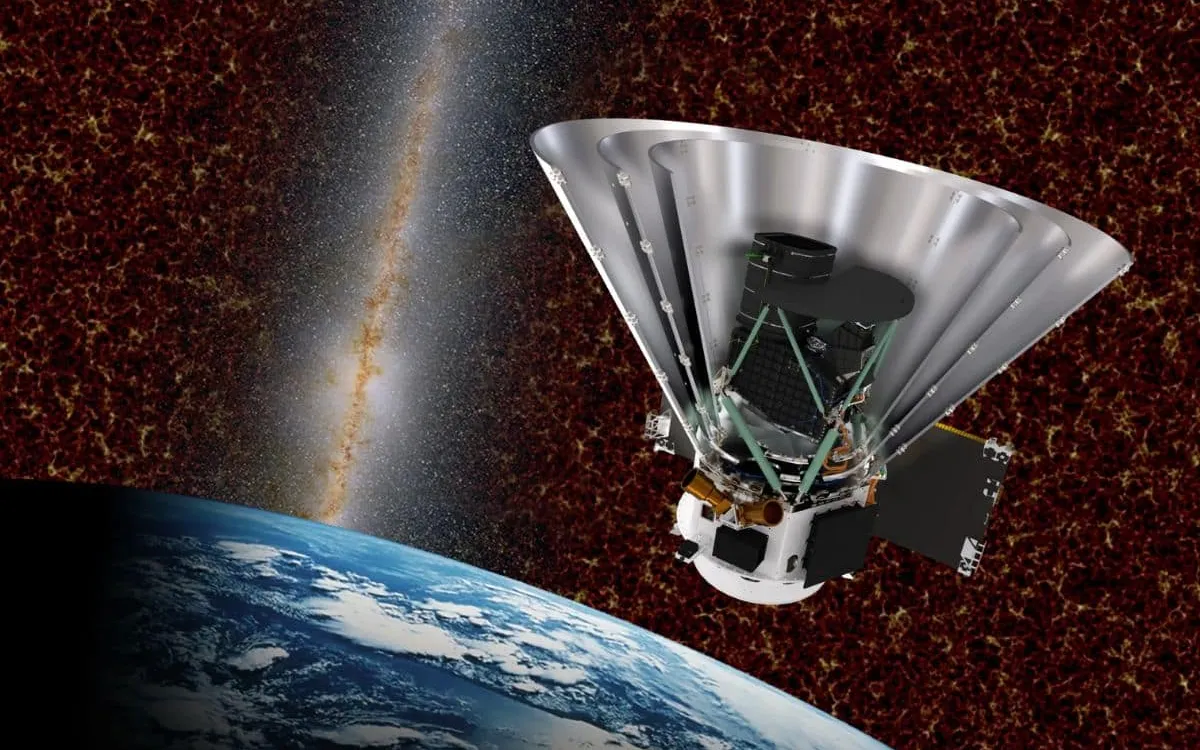
NASA’s latest space telescope, SPHEREx, has officially commenced its mission, marking a groundbreaking advancement in our ability to explore the universe. Launched on March 11, this state-of-the-art observatory has already captured its first stunning images from space, demonstrating its exceptional capacity to detect infrared light across vast cosmic distances. These vibrant, rainbow-processed visuals are just the initial step in SPHEREx's ambitious plan to map hundreds of millions of galaxies throughout the entire sky.
The SPHEREx mission, which stands for Spectro-Photometer for the History of the Universe, Epoch of Reionization, and Ices Explorer, aims to address fundamental questions regarding the origins of water, the evolution of galaxies, and the conditions that shaped the early universe. A recent update from NASA detailed the developments and early observations from this innovative space telescope.
Each image captured by SPHEREx utilizes infrared wavelengths that are invisible to the human eye. To make these images comprehensible, scientists apply visible colors to represent specific wavelength bands, creating a radiant, rainbow-like view of the cosmos. Each exposure captures a field roughly 20 times wider than the full Moon and combines data from over 100,000 light sources, including stars, galaxies, and nebulae. Remarkably, these impressive images are produced from uncalibrated detectors, indicating that the telescope is still in its early operational phase while already delivering highly detailed visuals.
SPHEREx's design is centered around comprehensive coverage of the sky. Unlike the Hubble Space Telescope or the James Webb Space Telescope, which concentrate on narrow targets, SPHEREx is set to scan the entire sky four times during its two-year primary mission. Each of its six detectors operates across 17 wavelength bands, totaling an impressive 102 unique hues per exposure. This extensive spectral detail empowers scientists to analyze what celestial objects are composed of and their distances, which are crucial for exploring the early universe.
Once routine science operations commence later in April, SPHEREx will conduct approximately 600 exposures per day as it surveys the sky. It is expected to gather significant data on:
The distribution of water ice in the Milky Way The large-scale structure of the universe How galaxies have evolved over billions of years The cosmic conditions less than a second after the Big BangSPHEREx employs a technique called spectroscopy, which breaks down light into its component wavelengths to reveal an object’s chemical composition and distance. This method is essential for mapping the invisible structures of the cosmos.
The SPHEREx mission is a collaborative effort managed by NASA’s Jet Propulsion Laboratory in partnership with Caltech, along with support from research institutions in the United States, South Korea, and Taiwan. The observatory’s telescope and spacecraft bus were constructed by BAE Systems, while data processing and archival will be managed at IPAC at Caltech. Designed to complement narrow-field missions like the JWST, SPHEREx will assist scientists in creating an ultra-high-resolution mosaic of the universe by integrating wide sky surveys with deep, focused imagery.
As SPHEREx embarks on its mission to unveil the mysteries of the universe, its innovative technology and collaborative efforts position it as a pivotal instrument in modern astronomy. With its ability to capture detailed infrared images and conduct extensive surveys, SPHEREx promises to revolutionize our understanding of the cosmos and the fundamental processes that govern it.